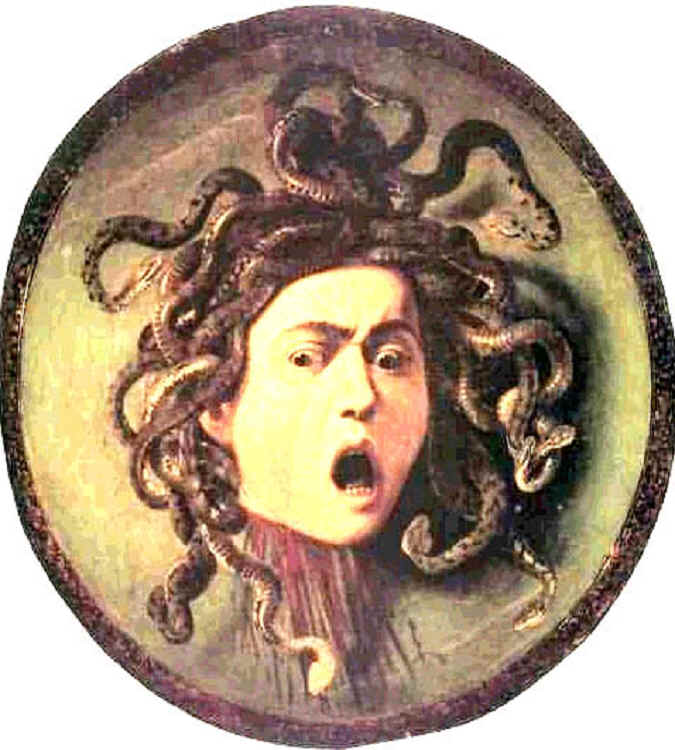

Check it out!ġ592: Christopher Marlow – The Tragical History of Doctor Faustusġ606: William Shakespeare – The Tragedy of Macbethġ816: E.T.A. I was so impressed by the obscure and classic titles they discussed, I copied the full list with Amazon links for reference. He died on 30 August 1972 aged 94.This cool book, originally published in 1988, asked famous writers to create the ultimate list of the Top 100 Horror Novels over history. The success of Life's Morning Hour brought Visiak once more to the notice of the public and he continued to write, correspond and receive visitors with an enthusiasm undimmed by age. Wilson also collaborated with Visiak on a study of David Lindsay. This book, published in 1968 under the title Life's Morning Hour, covers only the first part of Visiak's long life, his ideally happy childhood and early adolescence, from the viewpoint of the child he had been. When they met, in 1967, Wilson encouraged Visiak to complete the autobiography he had been working on.

In the 1960s Visiak started to correspond with the writer Colin Wilson. After his mother's death in 1952 at the age of 98 he continued to live alone in the flat for about ten years until failing health necessitated a move to a nursing home, where his room also had a sea view. The sea was very important to Visiak as it reminded him of happy childhood visits to Lowestoft and continued to influence his writings. He also wrote books on Conrad and Coleridge and many articles on literary subjects.ĭuring the Second World War Visiak moved, with his mother, to a flat overlooking the sea in Hove. It was however as a critic and editor of Milton that he was best known and for which he was awarded a Civil List pension. After his father's death in 1921 Visiak continued to live with his mother, to whom he was wholly devoted, producing more poetry and two novels, The Haunted Island and Medusa. His first book, Buccaneer Ballads was published in 1910 with an introduction by John Masefield and Physick then altered his name to Visiak and used it thereafter both privately and professionally. Physick's aim was always to devote himself entirely to scholarship and writing and this he eventually managed to do. Apart from an unhappy spell in the company's Manchester office, he remained there and continued to live with his family in London until the First World War, when he left, registered as a conscientious objector and became a schoolmaster for a short time.Į.H. Educated at Hitchin Grammar school and privately, in 1897 he became a clerk in the Indo-European Telegraph Company's office in Mincing Lane, London. Edward Harold Physick was born in Ealing on July 20 1878, the son of E.J.


 0 kommentar(er)
0 kommentar(er)
